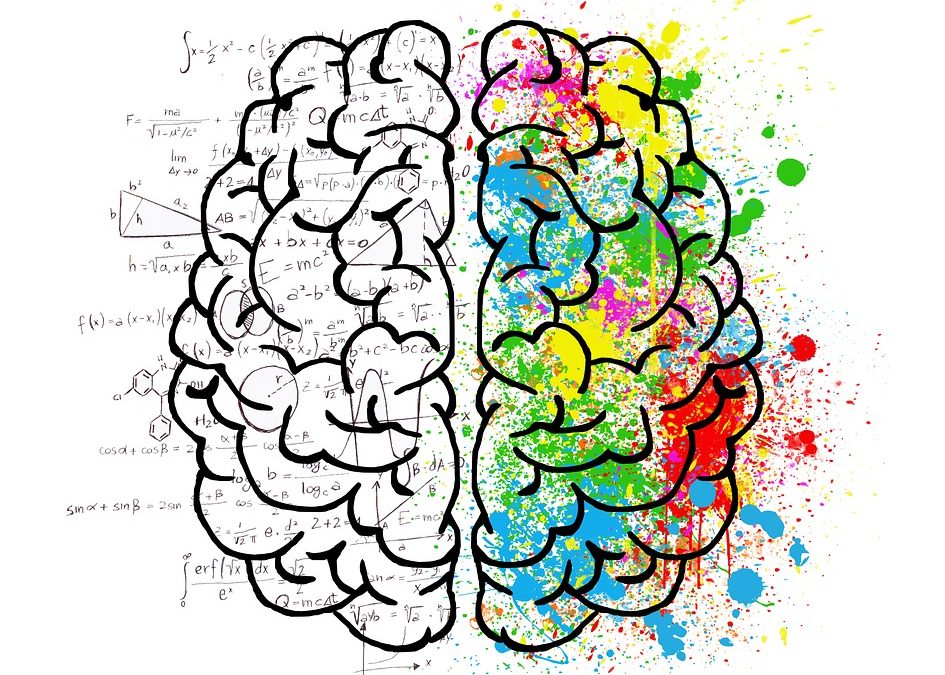Table of Contents
Is overthinking a mental disorder? There are evidences that suggests that women are more likely to be anxious than men. But the truth is, everyone overthink or experience some form of anxiety once in a while. Is overthinking a mental disorder? This is a common issue that many therapists address. Patients usually come and complain about how they can’t relax, how anxious they are over certain things and how they just can’t stop thinking about their lives and the things they could have done differently. The feeling of not having control over some things is usually where it gets tricky. In this article, we will answer your question, is overthinking a mental disorder?
Is Overthinking a Mental Disorder: The Link between Anxiety Disorders
The association between being anxious or overthinking and mental health issues like anxiety disorders and depression is sort of a chicken or egg type of question. This is because overthinking is naturally linked with psychological problems that if it’s not dealt with can lead to a more serious condition like being diagnosed with anxiety disorder or even depression.
It is likely that overthinking causes one’s mental health to decline. As this happens, the person is more likely to overthink about overthinking. This often leads to a downward spiral that’s hard to treat or manage at times. The problem is that it’s difficult to recognize this spiral when a person is caught right in the middle of it all. Your brain may even try to convince you that worrying about your worries is somehow helpful. After all, worrying or overthinking might help you find a better solution and prevent from making the same mistake right? Well, not necessarily.
Analysis Paralysis
Is overthinking a mental disorder? Analysis paralysis is a problem that all humans share and experience at some point in their lives. It’s like the more you think, the more you want to think about what you’re thinking – and eventually the worse you’ll feel about it. These feelings of anxiety, misery and anger can cloud one’s judgement. It can also prevent one from taking a positive action. Your own thinking or worrying will just keep dragging you down the rabbit hole if you don’t do anything about it.
Two Forms of Overthinking
There are two forms of overthinking. The first one is ruminating the past, and the second one is worrying too much about the future. Sounds familiar right?
Is overthinking a mental disorder? Overthinking is actually different than problem – solving. The former is all about dwelling on a certain problem while the latter means thinking about a solution. Overthinking is also different than self – reflection. Self – reflection is all about learning or gaining a new perspective about yourself or certain situations. It serves a purpose. Whereas overthinking is more on dwelling how bad you’re feeling; it’s also about thinking on all the things you absolutely have no control of. Looking back at the past and changing it is something you can’t do, and worrying about what the future might bring is again out of anyone’s control. It won’t help you develop a new insight, so to speak.
The difference between a healthy self – reflection, problem – solving and overthinking is not the amount of time you spend in thinking them. Time spent in learning from your behavior, or creating solutions is productive. But spending your time overthinking for no purpose at all will certainly not help you in any way. Controlling something you can’t or trying to change something you can’t is a waste of your time.
Signs You’re an Overthinker
Is overthinking a mental disorder? The first step towards healing is through awareness then acknowledgement. You have be more aware of your tendency to overthink things. When you do this, you can slowly take steps to change this unproductive thought process of yours. But again, you need to recognize first the fact that overthinking is not helpful at all. Sometimes there are people who think that by overthinking or worrying will somehow prevent unfavorable things from happening. They usually just end up more anxious or worried than they should. They tend to focus more on the problems and because of this they just see all the problems.
Some signs that you’re an overthinker includes the following:
- You relieve embarrassing moments in your head like a broken record
- If you have trouble sleeping or even develop insomnia because your brain won’t shut off
- You always ask a lot of ‘what if…’ questions
- If You think too much about the meaning behind what people say
- You rehash conversations and think about what you had or had not said
- If you constantly relive your failures
- When someone acts in a way you don’t want
- You worry too much about the past or future – both of which you can’t control
- You spend time generally worrying about things you can’t control
How to Deal with Overthinking
If you finally recognize that you are inclined to overthink things, don’t worry. You can always do something to calm your mind and also reclaim your time, brain power and energy.
One of the first thing you can do is know what triggers you. If therapy is not something you can access, experts recommend trying the following activities in order for you to get a better grasp of your anxiety triggers. Whenever you’re feeling anxious or overwhelmed, make sure to write them down. Writing is one of the best forms of therapy because you get to step out of your body for awhile and just be yourself. Journaling your thoughts and experiences or whatever you’re feeling at the moment is a form of acknowledgement. This will ultimately help you understand your inner thoughts and your mindset.
From scheduling time to worrying over petty things, there are various mental techniques you can do to help you become less anxious. Doing breathing exercises on a daily basis is a great technique that can help you once your anxiety attack strikes. When you’re more in sync with your breathing, you become more self – aware and you can get to focus more. Is overthinking a mental disorder? It’s not but if not properly addressed, it can lead to a serious mental disorder such as anxiety disorder, depression, panic attacks, phobias etc.






 I love to write medical education books. My books are written for everyone in an easy to read and understandable style.
I love to write medical education books. My books are written for everyone in an easy to read and understandable style.